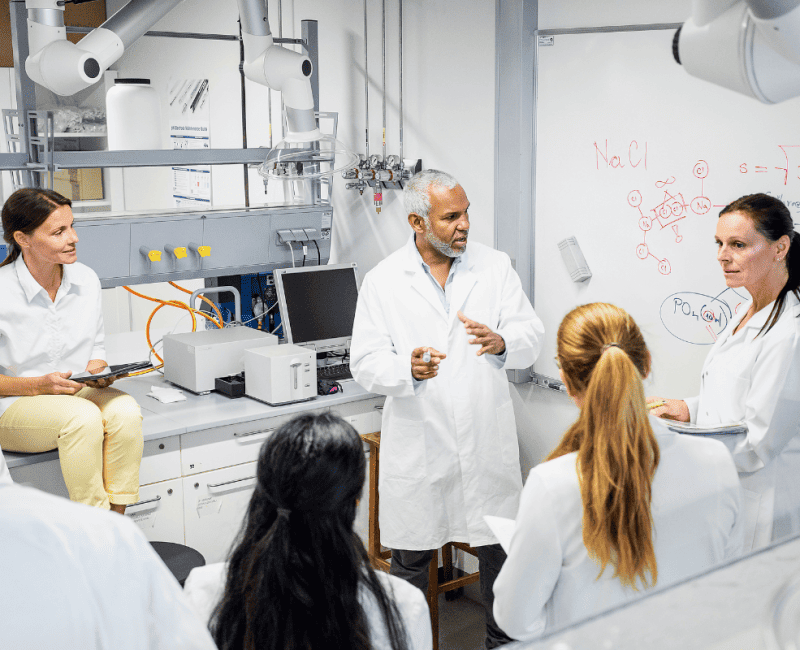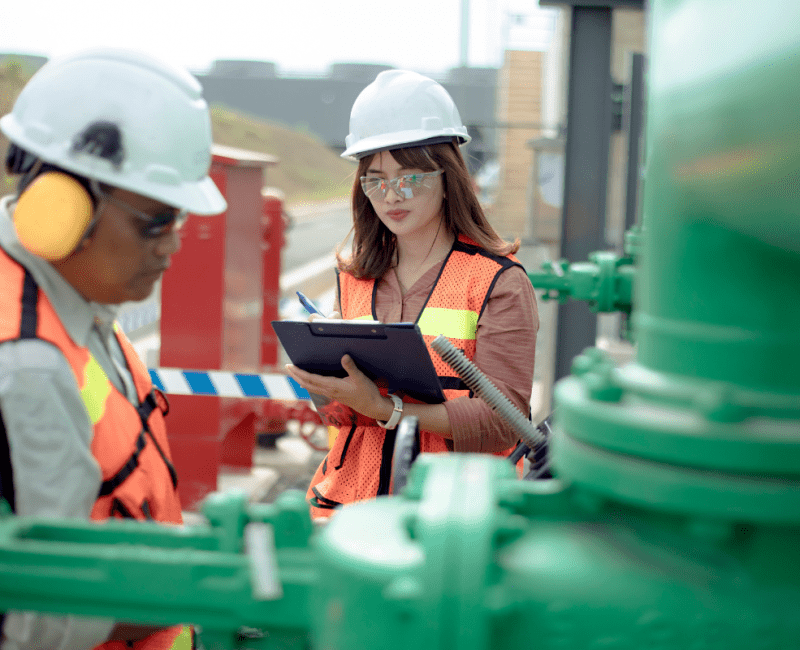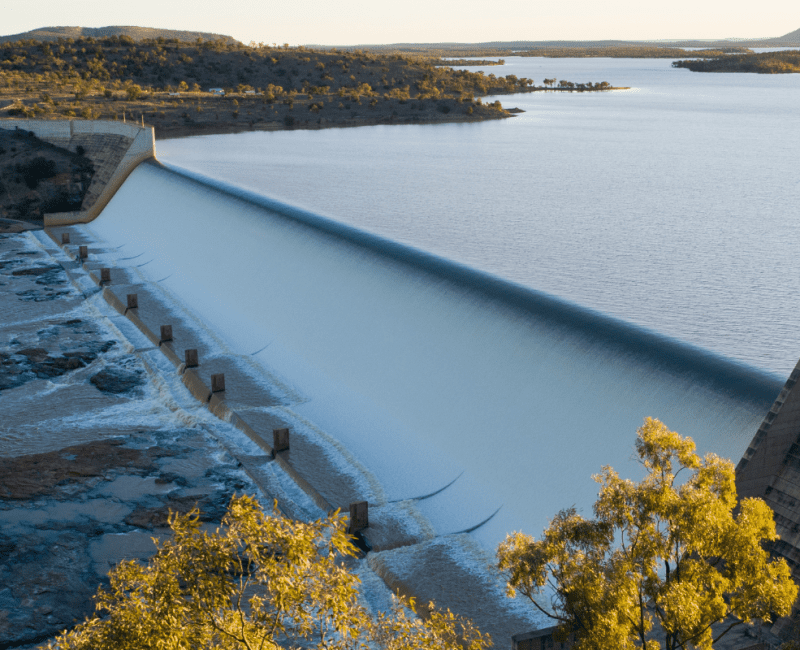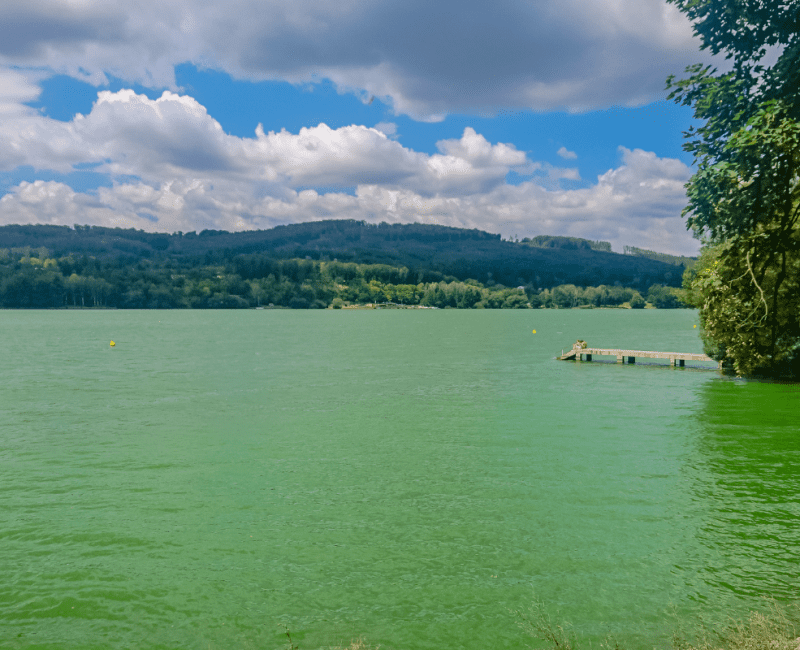
Water utilities invest significant resources in research, but the full impact may not be maximised if knowledge exchange between project participants and end users is not effective…

Water utilities invest significant resources in research, but the full impact may not be maximised if knowledge exchange between project participants and end users is not effective…

This project proposes to bring industry and regulators together to develop minimum standards for technical competency that facilitates a more consistent approach towards technical competency…

The Australian water industry is an active participant in research that aims to improve water quality but there are often barriers to disseminating and implementing research findings and results…

Smaller and regional Wastewater Treatment Plants (WWTPs) have the capacity to recycle wastewater for agricultural use, but the cost of obtaining regulatory approval or ‘accreditation’ is prohibitive…

The ADWG explains policies but does not provide the specific steps and actions needed to apply risk management principles within a water treatment plant (WTP)…

Failure to maintain appropriate levels of knowledge, skill, and experience in the frontline operator workforce runs the risk of disruption and loss of service delivery consequent to human error, along with associated risks to the environment and public health and safety…

The ADWGs include methods and strategies for calculating all types of risks to water quality but lack guidance for managing extreme weather events…

The ADWG 2011 lacked objective, quantifiable criteria for measuring pathogen removal from source waters…

Climate change is depleting water resources, while population increases drive demand for additional recreational facilities, particularly in the vicinity of urban centres…

This research discusses various water quality risk management techniques and proposes a step-by-step catchment risk assessment methodology that is compatible with the Australian Drinking Water Guidelines…